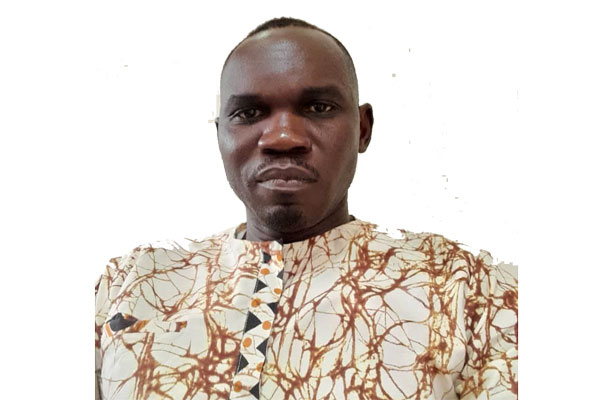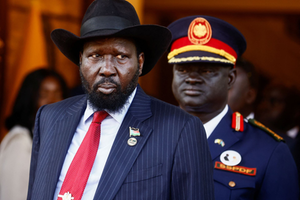Memorialisation: Its significance through Janani Luwum’s lens

Jimmy Wamimbi
What you need to know:
- ... there is a need to reflect broadly and appreciate our history that has not only led to the demise of the Arch-Bishop but all others who lost their lives in the context of armed conflict, and structural violence among others.
As we celebrate the life and service of Arch-Bishop Janani Luwum, we need to pause and reflect on the significance of such a commemoration, situating it in the broader discourse of Memorialization and Transitional Justice in Uganda. Speaking against the regime excesses and the gross human rights violations of the regime of the day characterized by unjustified arbitrary killings, unexplained disappearances, corruption, and political embezzlement among others led to the death of Janani Luwum alongside two others, Charles Oboth Ofumbi and Lt Col. Erinayo Oryema on the February 16, 1977.
As we remember these souls, may we remember all the other souls that perished during massacres during the multiple episodes of armed conflicts that have characterized Uganda’s successive regimes. May we keep in mind the gallant men and women in Uniform who have perished while on duty pursuing peace at the different frontiers on the continent but also at home.
Let us also remember all other people who have lost lives in circumstances similar to those of Archbishop Janani Luwum for speaking the truth to power in the different successive regimes. Memorialisation is one of the pillars of transitional justice manifested through memorial prayers, exhibitions of significant artifacts, and reburials among others that meaningfully engage survivors, their families, and communities into sharing and documenting their experiences for purposes of promoting accountability, reconciliation and in the long run reparations.
Memorials form part of community-based initiatives conducted in a manner that suits their context and interest and are not just about the past, they bring respect to the dead, acknowledge the loss of survivors who are deeply wounded both physically and psychologically
Memorials are a place of remembrance, and reflection, and a place where trust is demonstrated as a basis for rebuilding society and a foundation for justice.
Memorials play a critical role, for survivors, it is a place to remember their loved ones with a measure of dignity, and for the wider community and the young people in particular, it is a learning space to prevent non-recurrence. Memorial prayers provide such a platform for advocacy and an avenue for survivors to share their testimonies and share their ‘truths’ hence promoting healing and reconciliation. Memorials offer space for reflections with the key stakeholders which helps in bringing closure to some of the unaddressed issues that victims/survivors grapple with. The commemorations provide a platform for disseminating more information about peace and reconciliation.
The commemoration plays a key in raising awareness of the need to embrace Government programs especially those that are socio-economic to help alleviate poverty among victims, survivors and their entire communities. This is an important aspect to support them in the interim.
Other reasons why these memorials are important is that they create a sense of acknowledgment and inclusion for victims and survivors, and promote individual change in attitude due to the peace messages that are passed to the people as well as unifying engagements.
As we commemorate the 2024 version of Janani Luwum Day, there is a need to reflect broadly and appreciate our history that has not only led to the demise of the Arch-Bishop but all others who lost their lives in the context of armed conflict, and structural violence among others.
We need to recognize that there are so many victims/survivors out there who are grappling with real-time challenges that stem from their victimhood, some of these are medical, others are psychological, economic among others. An expedited enactment of supportive legislation like the transitional justice law, the Peace law, and legal aid law among others will increase chances for these victims to access justice and live dignified lives.
Owing to the importance of commemorations as elucidated above, government, development partners, and other key stakeholders including private support should deliberately support these commemorations that happen at different points in time following when the incident happened.
Mr. Jimmy Wamimbi, transitional justice coordinator at Avocats Sans Frontieres.




